The Origin Of The Word ‘Marijuana’ And Why It Is Seen As Having A Background In Racism

- 1. 1937 was a true turning point
- 2. Does this mean that we should not be using the term "marijuana" at all?
- 3. The wrap-up
The last few decades have seen a positive shift in the way the wider general public views cannabis and the people who chose to smoke it, but looking back less than a century it is easy to see how prohibitionists tried to manipulate the broader community into racist and xenophobic thought patterns.
Off the top of your head, how many names words do you know that describe the cannabis plant? Weed, ganja, pot, grass, chron, bud, sticky-icky, Mary Jane… the list is almost never-ending, and changes as you move from state to state, and country to country. The word “Marijuana” is one of the oldest slang terms to describe our favorite plant, but the origins behind its widespread use in western culture may surprise even the most clued-in stoner.
The early 1900s saw a huge influx of Mexican nationals into the USA thanks in a large part to the Revolution (20 Nov 1910 – 5 Feb 1917) that was taking place in the paradise south of the border. This large-scale revolution resulted in the Federal Mexican Army being dismantled and replaced with a revolutionary arm as well as the transformation of Mexican culture and government - but with it came to a shift towards destabilization and widespread atrocities were not uncommon against the population, which forced this wave of immigration into the USA.
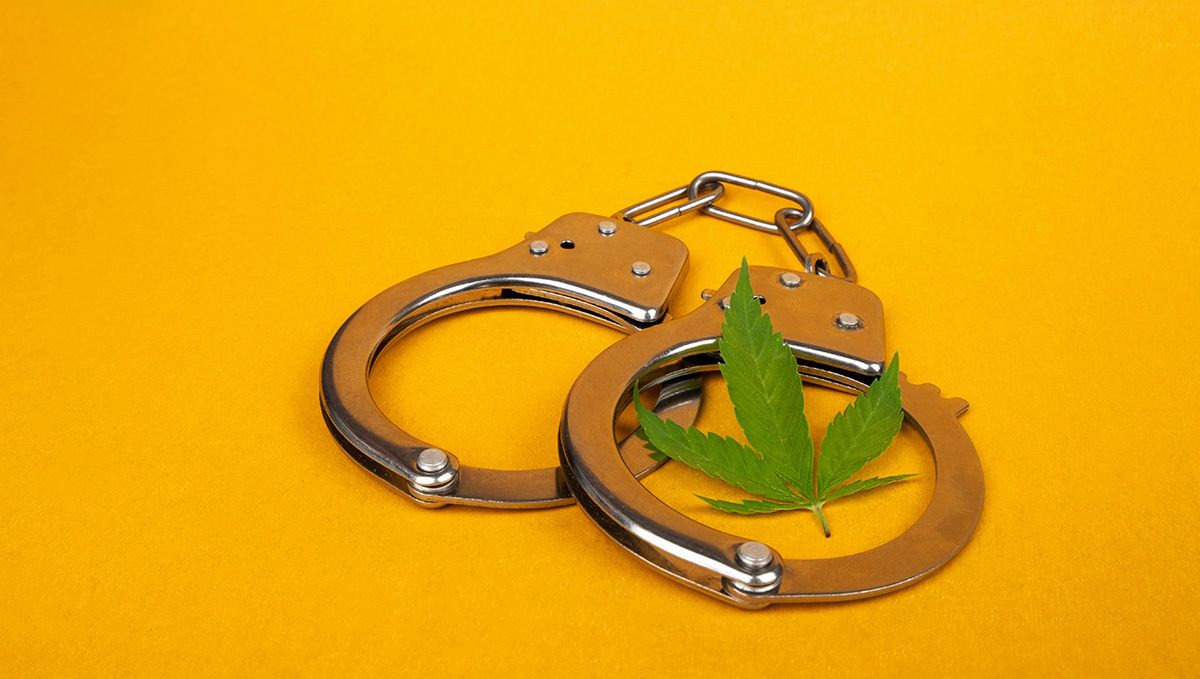
Even in today's society, large-scale immigration can cause nationalistic ideals to raise their ugly heads, so it's easy to understand how this was viewed in the early 1900s. The anti-Mexican sentiment was already at the forefront of the public consciousness and was easily stoked by those in positions of power. Remember, this was a time when cannabis consumption outside of medicinal uses was at a very low level, with education about the positive aspects of weed being totally unknown by most of the white population.
This is where our protagonist, Harry Anslinger - the commissioner of the Federal Bureau of Narcotics (the predecessor to the DEA) and a lifelong racist, steps into focus. Mr. Ansligners's views on cultures outside of his own were draconian at best as were his views on any type of drug usage. A master of propaganda, while he didn't necessarily start the restrictions on cannabis in the United States (these stretch all the way back to New York in 1860), he did firmly take the reigns in 1930. He is credited with such quotes as:
- "Marijuana is the most violence-causing drug in the history of mankind"
- "There are 100,000 total marijuana smokers in the US, and most are Negroes, Hispanics, Filipinos, and entertainers. Their Satanic music, jazz, and swing result from marijuana usage. This marijuana causes white women to seek sexual relations with Negroes, entertainers, and any others."
- "The primary reason to outlaw marijuana is its effect on the degenerate races."
These quotes quite obviously show his disdain for cannabis users and anyone outside of the white race and give us an insight into the mind of the man heading the drug enforcement agency of the day. He was so racist in fact, that he was considered "crazy racist" even in the 1920s when racism was seen as an everyday part of society and accepted with a certain respect.
1937 Was a True Turning Point
The Marihuana Tax Act of 1937 is where the confusion and lies surrounding cannabis first started to take a firm hold in the public consciousness, and it all started with the name. See, up until this time, cannabis was not commonly known as marijuana in America. It was Anslinger's way of playing on the already heightened fears of the public by linking something they didn't understand with a group of people they already didn't like. By changing the name of cannabis to marijuana, and painting it as this foreign substance that was used by Mexicans (and black people), he was able to garner support for his anti-cannabis crusade from those who would have otherwise been indifferent or totally uninterested. This is a tactic that has been used time and time again throughout history by those who seek to control and manipulate the masses, and it is still in widespread use today.
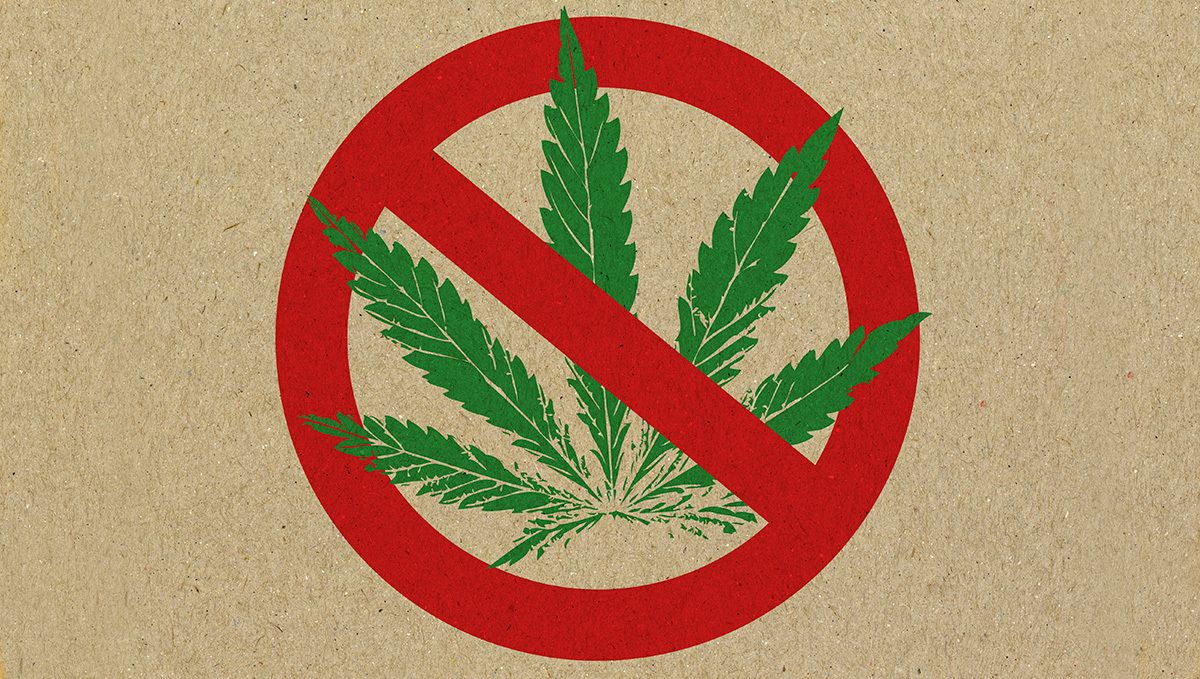
Another form of widespread manipulation that Harry J. Anslinger took by the horns was to use the mass media as his own personal forum. Backed by publisher William Randolph Hearst, Anslinger went on a campaign based entirely on his own making, which he dubbed his "Gore Files". The stories were broadcast on a national level and helped spread the rising anti-cannabis sentiment from his own state to a nationwide audience. These stories took snippets and quotes from police reports and recycled them to make it seem that the offenses were committed exclusively by cannabis users in a state of "Reefer Madness". This term was used as the title for the now infamous 1937 film, with the film being seen as a turning point in the way the public viewed cannabis users.
Cannabis prohibition has always disproportionately targeted communities of color and minorities in general, and this is in no small part due to the way it was first introduced to the mainstream consciousness. It is important that we understand the history of this plant and the events that led to its criminalization, as we continue the fight to end prohibition once and for all.
Does this mean that we should not be using the term "Marijuana" at all?
No, of course not. The term "marijuana" has been in use for centuries and it is not going anywhere. What is important though, is to understand the history behind the term. What this does mean, however, is that we all become more educated on the plant itself, and we should try to start using more accurate and specific terminology when discussing cannabis. This shift has already begun, as the use of the term "cannabis" is becoming more widely understood as referring to the psychoactive species of the plant, with "hemp" referring to the non-psychoactive species.
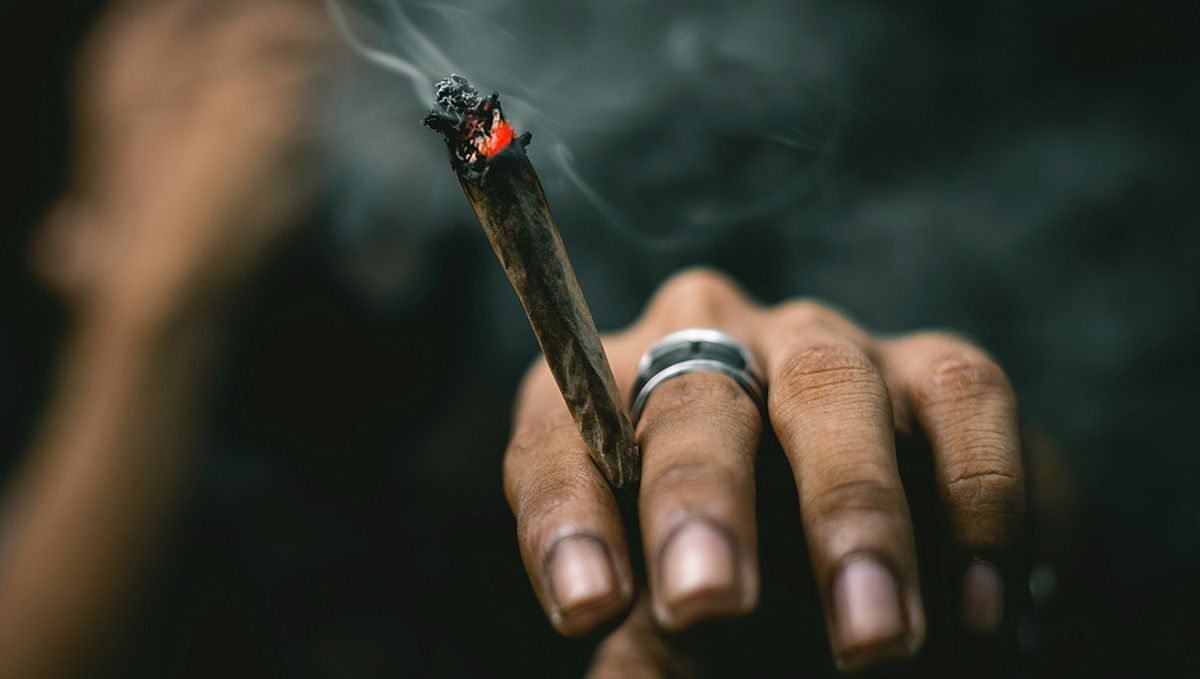
We should also be mindful of the racial implications that come along with the use of the word "marijuana". It is important to understand that the history of this plant has always been intertwined with race and that the way we talk about it can either help or hinder this cause. So let's start. When discussing the various cannabinoids, we should try to use their correct names, such as THC, CBN, or CBD. By using more accurate and specific terminology, we can help to dispel the many myths and misconceptions that still surround cannabis.
2. The Wrap-Up
So there you have it, the origins of the word marijuana and how it is inextricably linked with racism. The next time someone tries to tell you that cannabis is a gateway drug, or that it is somehow connected with violent behavior (which thankfully rarely happens these days), just remember the history of the word and how it was used to demonize an entire group of people. And next time you hear someone using the word marijuana, maybe consider letting them know the true origins of the word. Only by educating others can we hope to change the negative perception of cannabis and those who use it.
Cannabis is true medicine, and we are extremely lucky to live in a day and age where we are allowed to even discuss this, let alone access it for recreational and medicinal purposes.
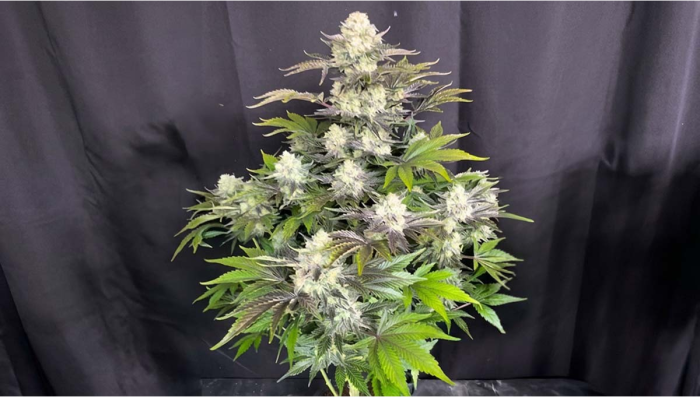








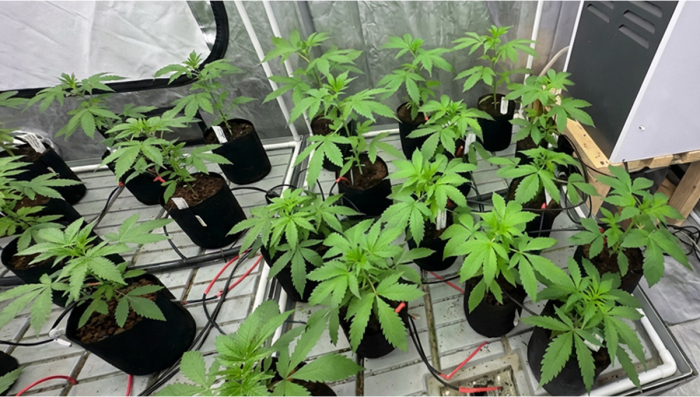
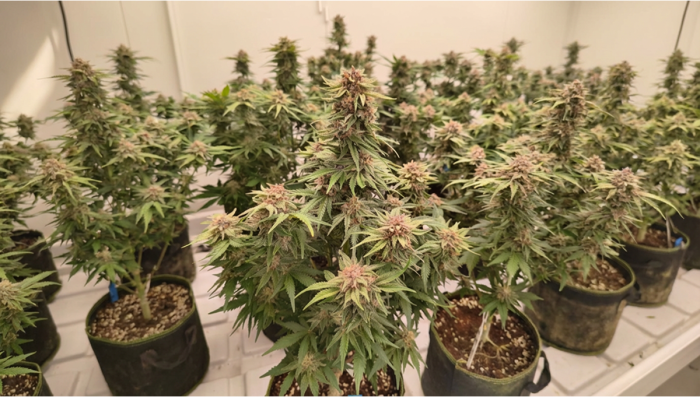
Comments